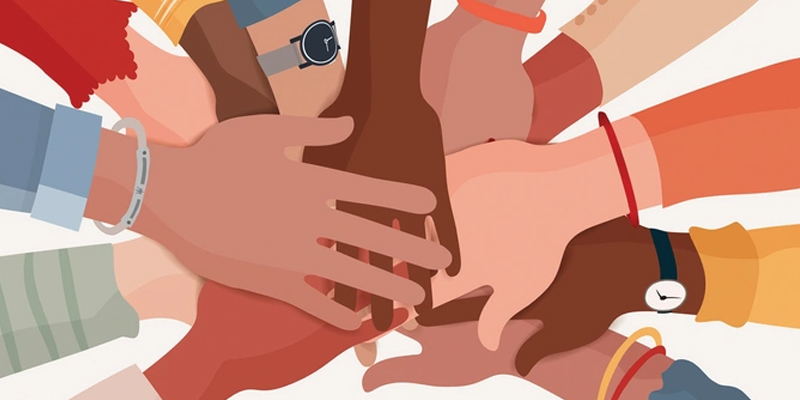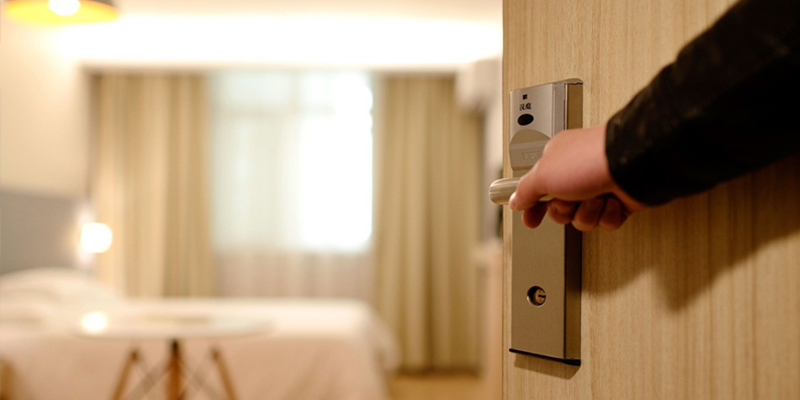The hospitality industry is facing a talent crisis putting at risk the growth of one of hospitality, the world’s biggest industries that represents over 300 million employees or 10% of Global GDP. For hotel brands and their developers, the timing could not be worse. Hospitality is forecast to add another 5 million jobs in the next decade to support a record global pipeline of over 10,000 hotel openings, from China, the UK and Germany to the Middle East and China.
In the second of the series on the talent crisis in hospitality, we will take a closer look at how the proposed change initiative can address the root causes of the talent disruption.
In my experience and what we see, people leave because of bad leaders.
-Mike Deitemeyer, CEO, Interstate Hotels, the world’s largest hotel management company.
Reinvent Property Organization Structures to Empower Employees
Hotel management companies have strict standards and protocols. In major gateway cities the industry is also heavily unionized. For example, 300 hotels or 75% of New York hotels are unionized. This contrasts with only 8% percent of private sectors jobs unionized in the U.S., the lowest level since 1932. In unionized hotels, operators can be restricted by strict work rules that limit flexibility and constrain innovation.
But as the success of Southwest Airlines has proven, unions are not the core impediment to service quality or innovation. Often, the union is a managerial excuse for maintaining the status-quo. Other unionized industries have innovated their labor structures far more than hotels.
According to most operators, a hotel is the ultimate hierarchical bureaucracy with full time employees that cannot participate in the “gig economy.” Hoteliers say it’s not possible to operate a hotel like a technology company, where employees can choose their projects and work as team members that can wear many hats.
In order to beat the talent crisis, this orthodoxy must be overturned, and the mental model must change.
In order to beat the talent crisis, this orthodoxy must be overturned and the mental model must change. There are a lot of ways to experiment with new labor models without throwing the baby out with the bathwater.
Brands such as Peloton and Airbnb (hosts) enable employees to not just build the brand, they become the brand. SoulCycle has taken it a step further and launched a talent agency for their instructors.
Hotel operators can start by enabling front-line employees to respond to customer reviews. Rather than having the General Manager or Guest Relations representative respond to reviews, or outsourcing responses, employees should be empowered to engage directly with consumers.
Ultimately, hotel employers must trust their own people. They can start with allowing their employees to directly engage customers who leave reviews that mention them. Hotels could also enable employees to receive 1:1 reviews from guests who are part of their loyalty program. Evolving the work culture to incorporate customer reviews into the employee career path, compensation and benefits will increase employee engagement, loyalty and customer service. It can also help create a meritocracy where high performers are recognized, promoted and compensated based on 1:1 customer reviews.



